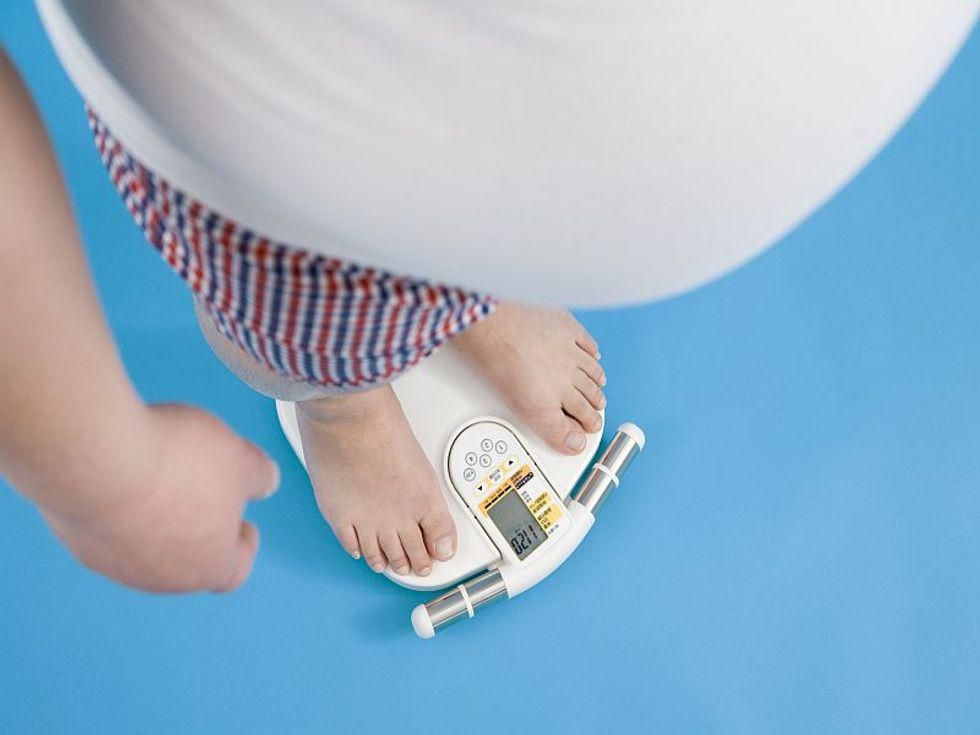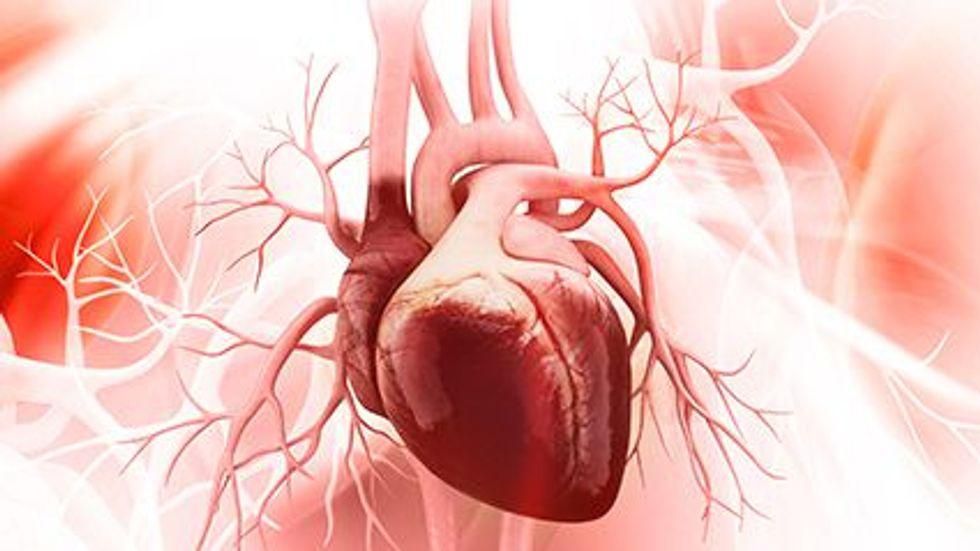
As the number of people fully immunized against COVID-19 rises into the hundreds of millions, immunologists and infectious disease experts now are pondering a new question in the unfolding pandemic. Namely, how long will vaccine immunity last, and will people who’ve gotten the jab need booster shots to maintain their protection? It’s an important question,… read on > read on >






























